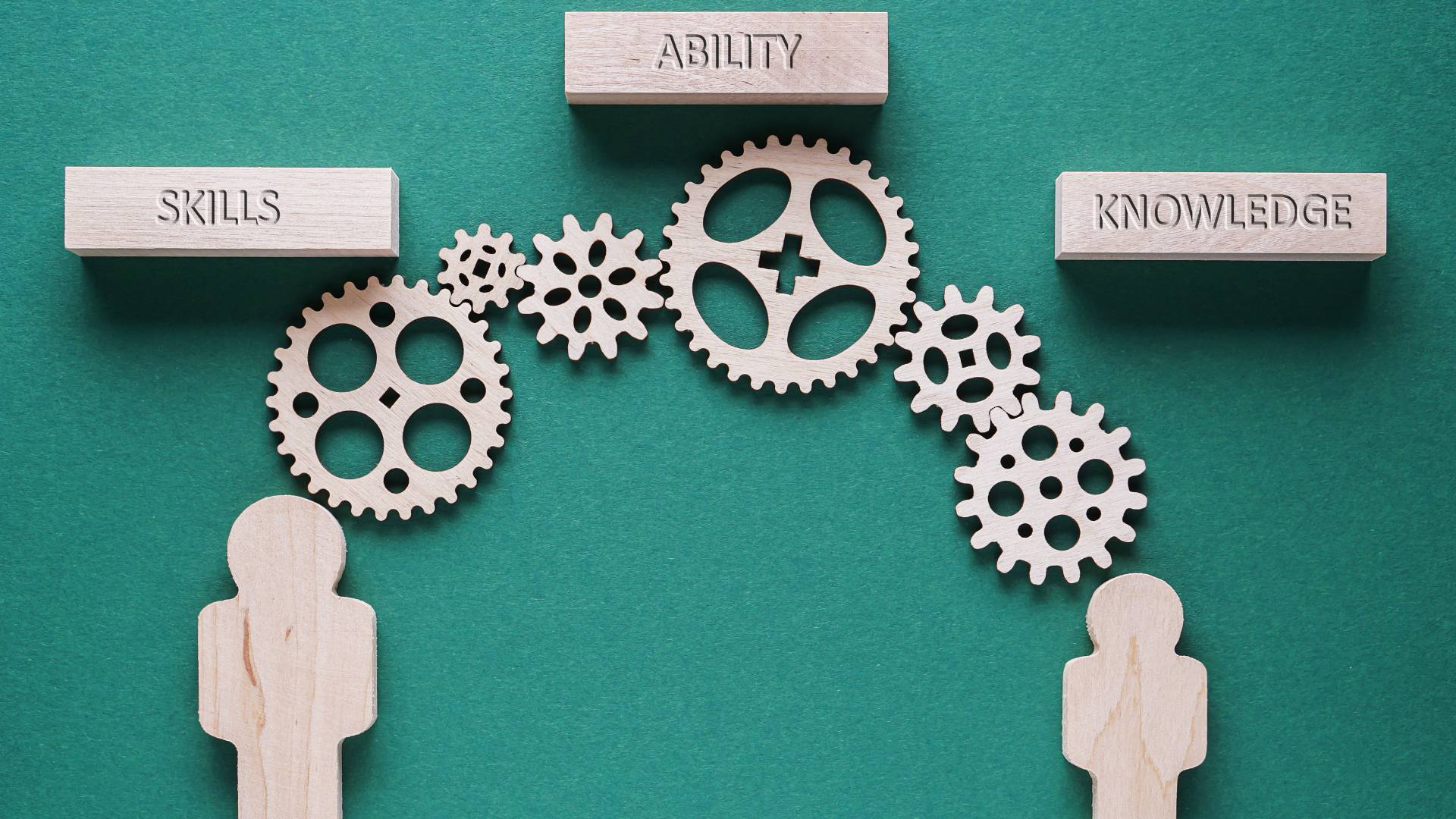Research has shown that most people who strive for Growth in their workplace,
have five basic needs that they want in their work.
- Sense of belonging: the sense of belonging to a group and the feelings we have,
stemming from our relationships with others. - Autonomy: Our desire to feel free to make decisions.
- Prestige: Our desire to be accepted and recognized.
- Justice: Our desire to be treated equally with others.
- Security: our desire to be able to predict the future and evolve.
It is essential that leaders take these needs into account when planning,
both their strategy and their action plan.
Three essential habits for successful employee coaching
Vision / Procedures
The human brain is designed to seek safety.
This means that we don’t really think much about the future because we feel insecure.
We feel we are better on our feet when we think in the short term.
Psychologists call this phenomenon “distance bias”, i.e. a bias towards something distant.
However, short-term thinking alone is bad leadership, as it can cause long-term problems.
Leaders must always find the balance.
Balance can lead to success.
If there are long-term goals, there must also be short-term goals to achieve them.
Imagine that the long-term vision is a castle in the clouds, but short-term goals are also the ladder,
we have to climb to get there.

The integration of human resources
For coaching to be effective, the inclusion of the whole team is essential.
The study of the brain and behaviour has shown that people who accumulate power,
lose their ability to take into account the perspectives of others.
They focus more on vision and goals than on details and people.
Leaders must avoid the “blindness” brought about by core-centred power
of the company, which is the human resources.
They must always take into account the needs of their team, to encourage its members,
encourage them to openly express themselves and create appropriate incentives for them.
“Blindness” due to power can isolate the leader from serious events that may occur
in the workplace and thus get in the way of the development and success of the business.
Action Plan
“The greatest gulf in the world is that between knowledge and practice” – John Maxwell.
The reality is that knowledge is only useful when we use it in practice.
Clearly it is important to develop strategy, to evolve spiritually and to always remain
informed about developments, but we still HAVE to DO SOMETHING.
Well-structured action plans can enhance the sense of importance, of security,
relevance and fairness among workers.
So how can we build a culture of “action” for our teams and ourselves?
Commitment: When you are planning a plan, and building a strategy, it is essential to make a plan of action.
Simplification: Simplicity removes ambiguity, responsibility and confusion.
It increases productivity and creativity.
Investing in learning: To narrow the gap between knowledge and practice, it is essential to
the investment of learning and practice for both our team and ourselves.
Dealing with fears: Fear is one of the most important factors in paralysis,
thus getting in the way of success and progress.
If we want to bridge the knowledge-practice gap we have to face our fears,
both on a collective and personal level.
No to perfectionism: Perfectionism is also identified with paralysis.
It not only prevents us from taking action, but also creates an undue stress,
that crushes creativity and hinders productivity.
For further information on effective leadership you can visit our website www.jenniekamaradou.com.
For more news, but also for everything you need for your beauty area follow us at
Social Media: Facebook, Instagram and LinkedIn.

